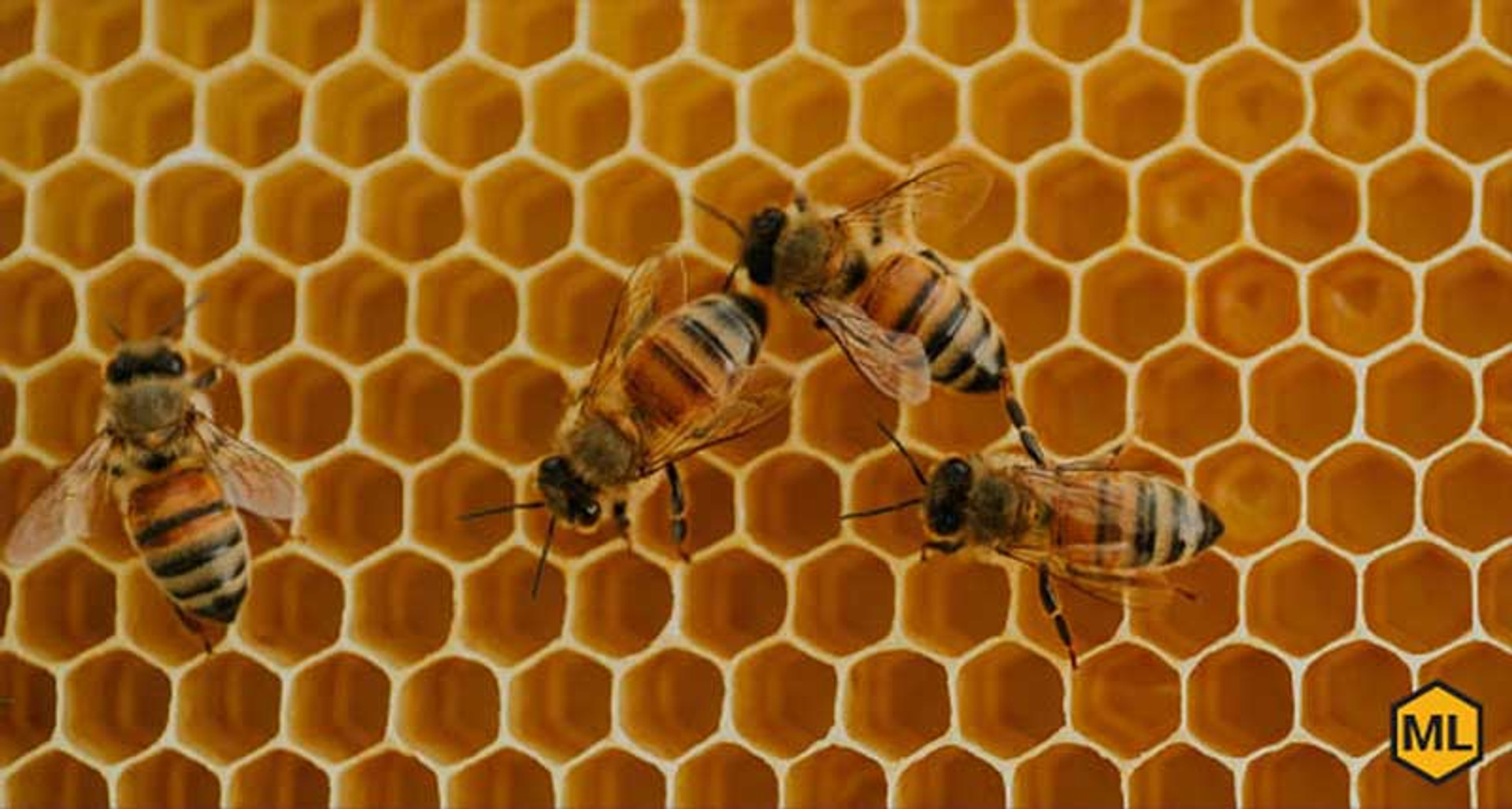How To Recognize A Summer Nectar Dearth
Honey bees spend their spring and summer collecting nectar and bringing it back to the hive to make honey. Much of the colony’s work revolves around the nectar it gathers, making nectar an invaluable resource. What happens when that resource becomes scarce?
Many climates experience hot, dry periods in the middle of the summer when flowers stop producing as much nectar. This is called a nectar dearth, and if it lasts a while, your bees can suffer from it. It’s important to know how to recognize a summer nectar dearth so that you can take action and help your honey bees through the rest of their foraging season.
Listen To Your Bees
If you know your honey bees well, you can often spot issues just by paying attention to them. During a nectar dearth, your hives will be louder as the honey bees grow nervous and agitated by the lack of nectar flow. They might also act more aggressively during hive inspections. If a normally gentle colony grows unusually defensive, there’s probably a good reason. They’re going to be extra protective of their resources, especially if the dearth has led to robbing.
Look Out For Honey Robbers
Honey bees aren’t the only ones who suffer from a nectar dearth. With limited resources, other bees and insects might attack your hive to get at the honey within. Bumblebees, wasps, yellowjackets, and even other honey bees have a habit of robbing honey stores from other hives. This can wreak serious havoc on your colony, resulting in a lot of honey bee death. Keep an eye out for foreign insects probing around the outside of the hive, and stop them before they can attempt an attack.
Pay Attention To Foragers
Have you ever spent a lazy summer morning watching the honey bees fly back and forth from your hives? If so, you might notice something different about their behavior during a nectar dearth. Normally, honey bee foragers fly in a direct, obvious path.
During a dearth, however, your forager bees will meander as they look for good nectar sources. They might revisit flowers they’ve already pollinated or land on plants they normally avoid in a desperate search for more resources. If you notice your foragers acting funny, it might be time to take action.
Once you know how to recognize a summer nectar dearth, you can take a few precautions to help your honey bees through it. Reduce the hive entrances to keep out robbing bees and insects. You can also install bee feeders with Pro-Sweet to help your colony through the dry period.


